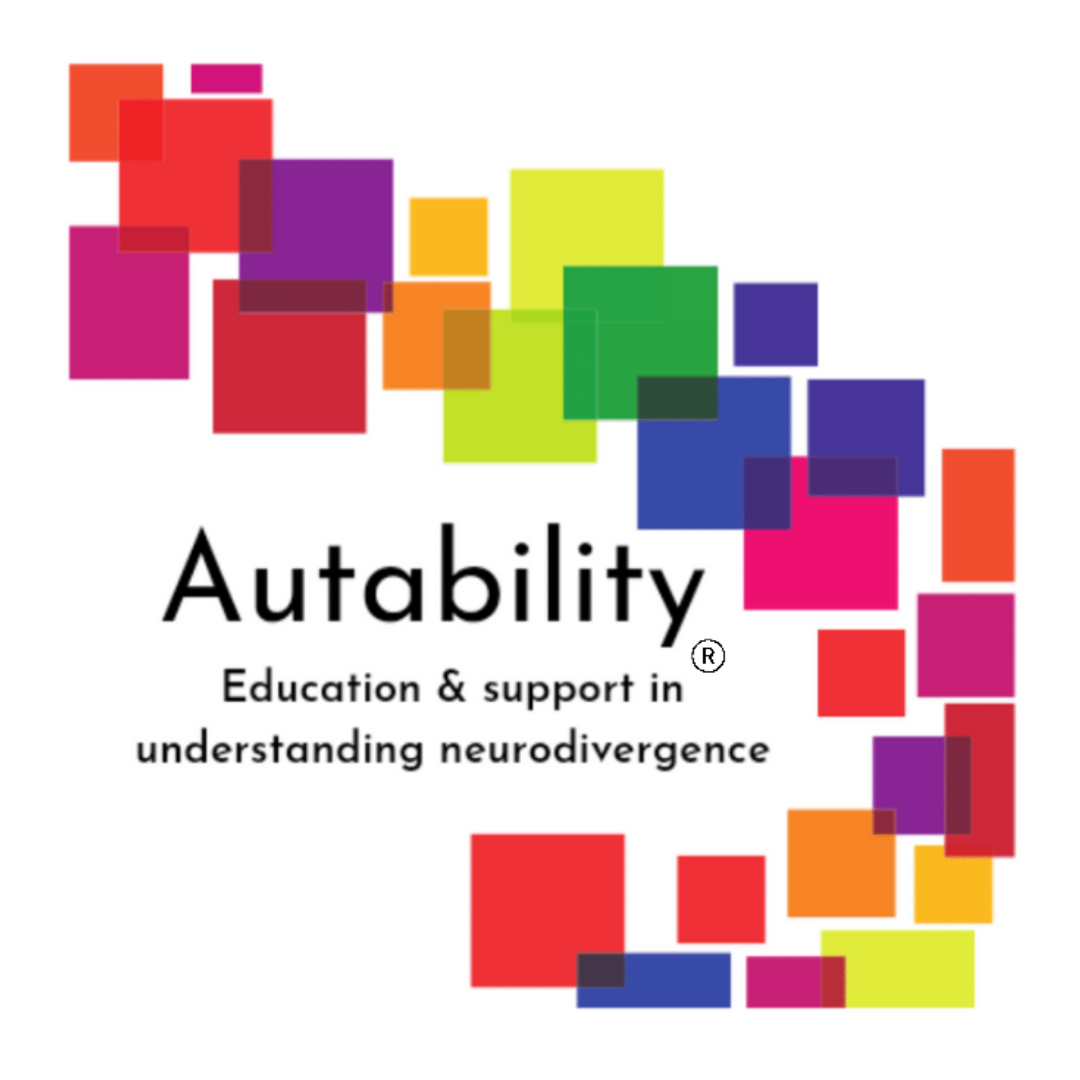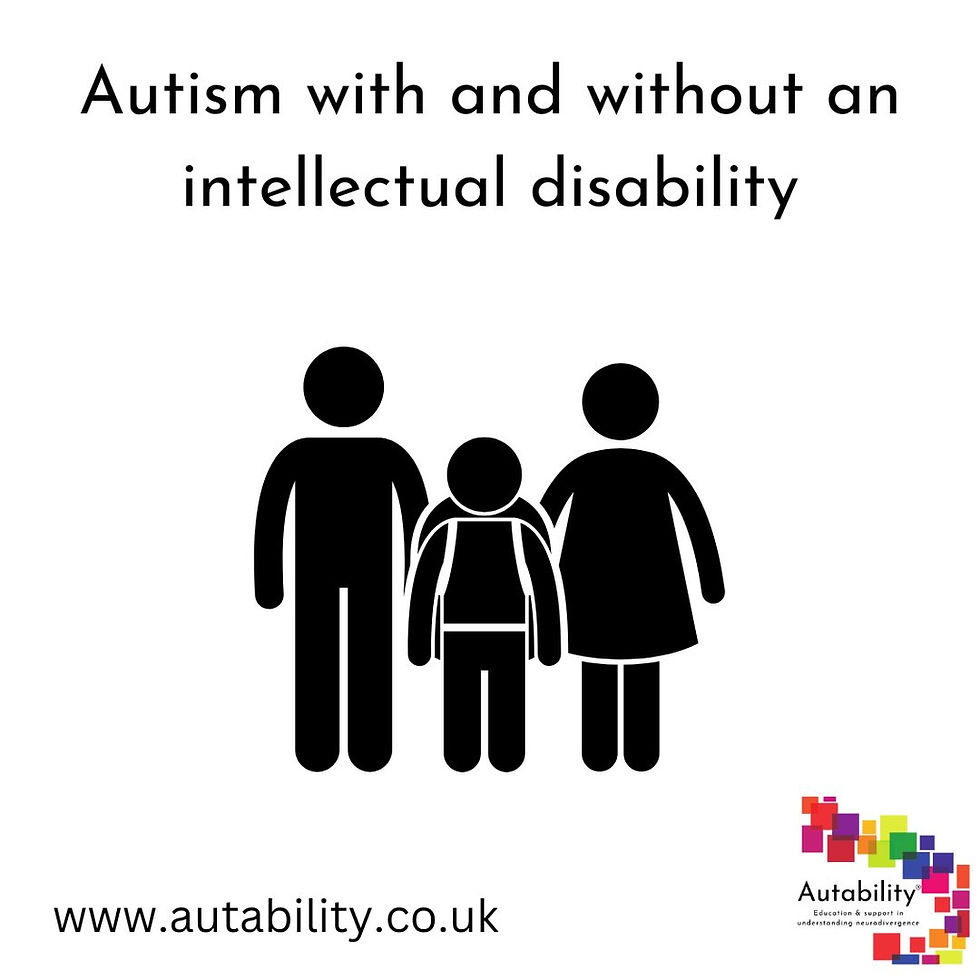Autistic identity and self esteem
- Autability

- Feb 1, 2025
- 2 min read
We live in a world where identity is deeply personal, yet too often, how someone identifies can become a topic of debate. But at its core, identity is about who we are and how we wish to be seen by others—and for autistic children, this is especially important.
Understanding and embracing their identity can help an autistic child develop confidence, self-advocacy skills, and a sense of belonging in a world that often misunderstands them. But the way they choose to express that identity should be entirely up to them.
Recently, I spoke with an autistic young person who was questioned—almost reprimanded—by a university disability advisor for writing, "I have been diagnosed with ASD." They were told that the term ASD is no longer used and that they should say "I am autistic." They left that meeting feeling uncertain and even ashamed, worrying over what they thought was a "mistake."
After discussing it at length, they realised something important: they have the right to describe their diagnosis in whatever way feels right for them. Their diagnosis was given when the term "Autism Spectrum Disorder" was in common use, and that’s how they had always understood it.
The truth is, there is no single "correct" way for an autistic person to express their identity. Some might prefer to say:
💙 "I am autistic."
💙 "I have autism."
💙 "I have a diagnosis of ASC/ASD/Asperger’s."
💙 Or simply, "I am me."
No one else should dictate how an autistic person defines themselves. What matters is that they feel comfortable and confident in their identity—whether that’s in private, in public, or both.
Let’s respect and support each autistic person’s right to choose their own words.

.png)


A good autistic quiz can help you identify specific traits you may not have realized were related to autism, like sensory sensitivities or special interests.